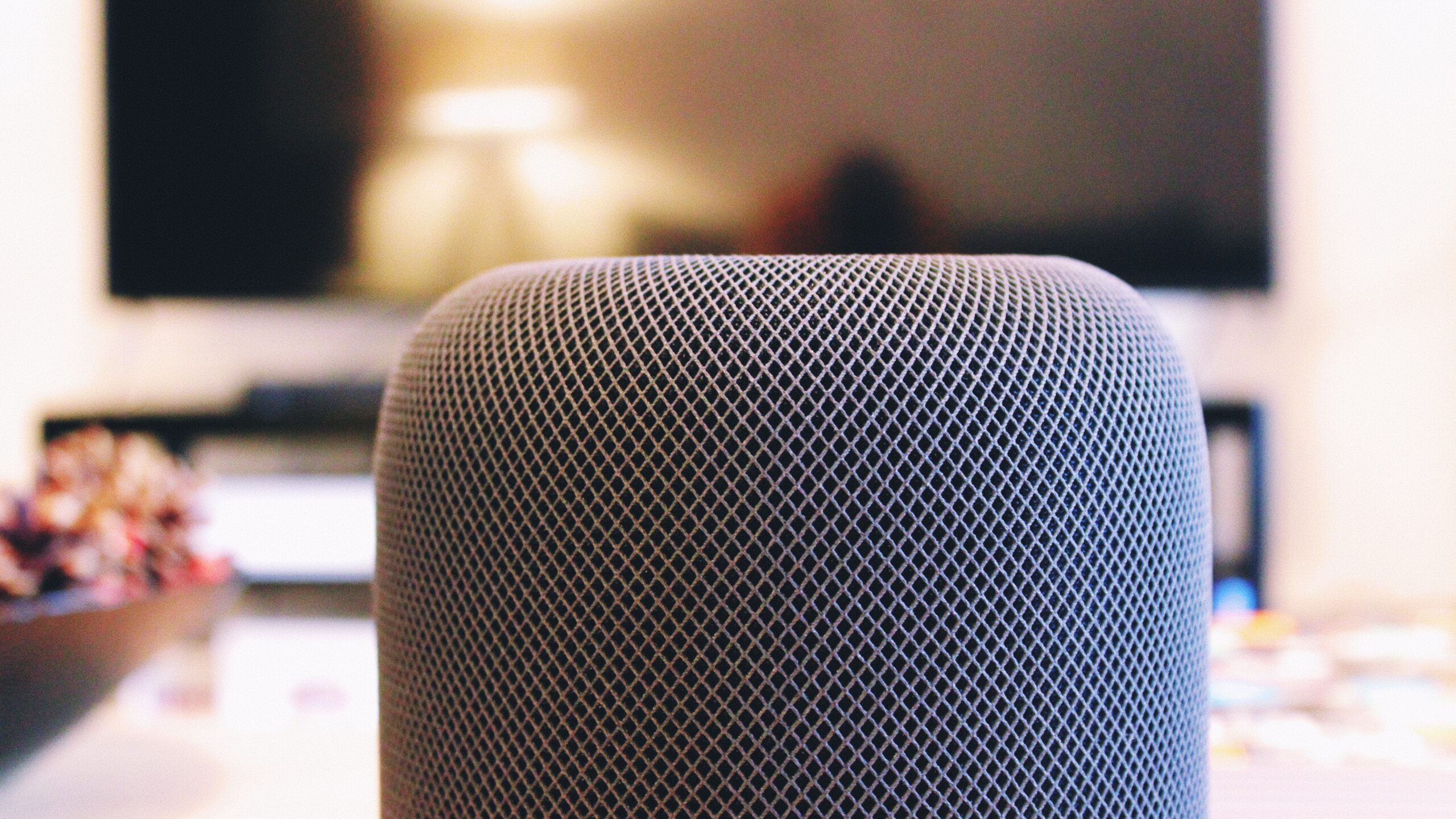The smart home landscape is constantly evolving, with new technologies and standards emerging to connect our devices seamlessly. One such standard, Matter, aims to bridge the gap between different smart home ecosystems, promising a unified experience. Recent developments suggest Matter is turning its attention to audio, with plans to integrate smart speakers. However, this integration comes with a significant caveat, particularly for users of popular smart speakers like Apple’s HomePod, Amazon’s Echo, and Google’s Nest.
The Connectivity Standards Alliance (CSA), the organization behind Matter, has confirmed the development of a new “streaming speaker device type” and accompanying controls. This initiative aims to bring a wider range of audio devices into the Matter ecosystem. But here’s the catch: this new functionality is primarily designed for speakers focused on audio playback, such as those from Sonos, Bose, and other dedicated audio brands.
This means that while your Sonos system might soon integrate more smoothly with your Matter-enabled smart home, your HomePod won’t suddenly become controllable by your Amazon Echo. The distinction lies in how these devices are classified within the Matter framework. Devices like HomePods, Echos, and Nest speakers are considered “Matter controllers,” meaning they can control other Matter devices within their respective ecosystems. However, they are not themselves “Matter devices” that can be controlled by other systems.
This limitation stems from the fundamental architecture of these smart speakers. They are designed as hubs, managing and interacting with various smart home devices. Allowing them to be controlled by competing ecosystems could create conflicts and compromise the user experience. Imagine trying to adjust the volume of your Google Nest speaker using Siri on your HomePod – the potential for confusion and conflicting commands is evident.
Despite this limitation, the upcoming Matter integration for audio devices still offers valuable benefits. It promises to streamline the integration of third-party speaker systems into platforms like Apple’s Home app and Siri. For users invested in multi-brand audio setups, such as a combination of Sonos speakers and other audio equipment, Matter could simplify control and management. It also provides a smoother transition for users looking to switch between different smart home ecosystems without completely overhauling their audio setup.
While the vision of a truly unified smart home audio experience, where all smart speakers play together harmoniously, remains elusive, this development represents a significant step forward. It underscores the ongoing efforts to improve interoperability and create a more cohesive smart home environment.
Apple Addresses AirTag Safety Concerns with Updated Warnings
Beyond the realm of smart speakers, Apple has also been addressing safety concerns surrounding its AirTag tracking devices. While AirTags have proven useful for locating lost items, they have also raised concerns about potential misuse, such as stalking. Now, Apple is implementing new warning labels after a regulatory violation related to battery safety.
The US Consumer Product Safety Commission (CPSC) recently announced that Apple’s AirTag violated warning label requirements under Reese’s Law. This law mandates specific warnings on products containing button cell or coin batteries to protect children from the serious risks associated with battery ingestion.
Although the AirTag itself met the performance standards for securing the lithium coin cell battery, units imported after March 19, 2024, lacked the necessary warnings on the product and packaging. These warnings are crucial in highlighting the potential dangers of battery ingestion, which can cause severe internal injuries if not addressed promptly.
In response to the CPSC’s notification, Apple has taken steps to rectify the issue. The company has added a warning symbol inside the AirTag’s battery compartment and updated the packaging to include the required warning statements and symbols. Recognizing that many non-compliant units have already been sold, Apple has also updated the instructions within the Find My app. Now, whenever a user is prompted to change the AirTag battery, a warning about the hazards of button and coin cell batteries is displayed.
This multi-pronged approach demonstrates Apple’s commitment to addressing safety concerns and ensuring that users are aware of potential risks. By adding warnings both on the product and within the app, Apple is reaching both new and existing AirTag users. The timing of the in-app warnings may coincide with recent updates to the Find My app, such as those included in iOS 18.2, further reinforcing the message.
These actions by Apple, both in the realm of smart speakers and AirTag safety, highlight the ongoing challenges and complexities of creating a seamless and safe smart home experience. While technological advancements bring numerous benefits, it is crucial to prioritize user safety and address potential concerns proactively.
